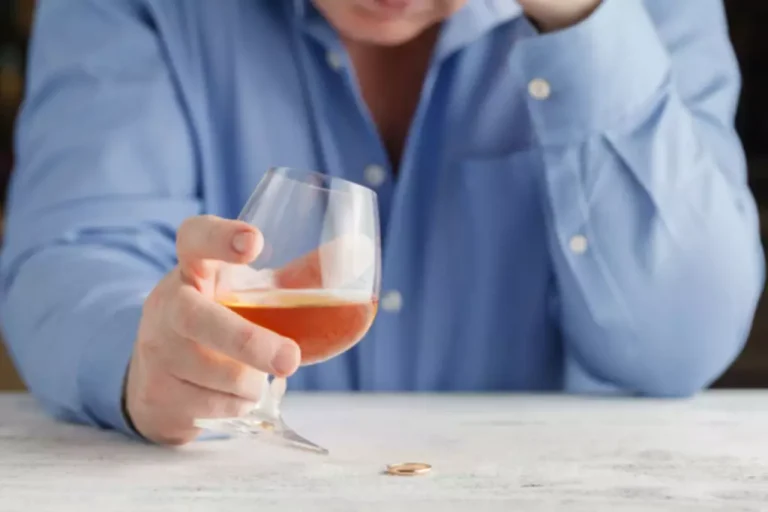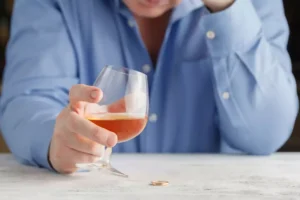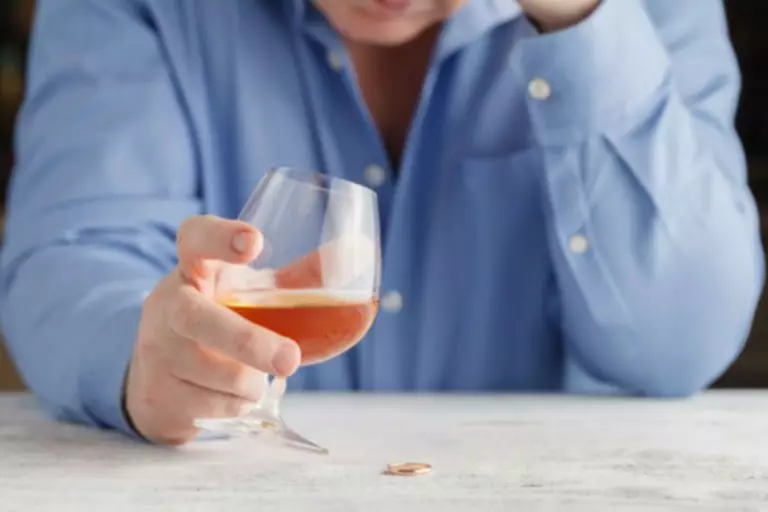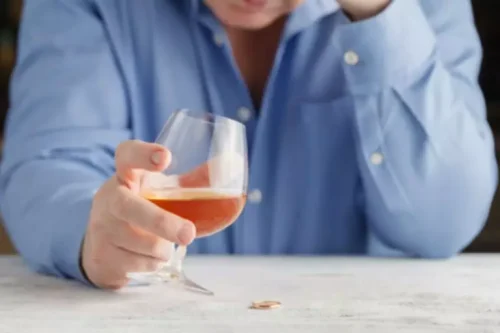
They define how you wish to be treated, providing a path to empowerment on your recovery journey. Mending a relationship after addiction requires a multifaceted approach, focusing on sincere apologies and the willingness to make amends. Acknowledging specific wrongdoings and expressing genuine remorse is essential in this process.
Why Fewer Teens are Receiving Substance Use Prevention Messages
- Acknowledging the harm caused by substance abuse allows you to begin rebuilding trust and mending relationships.
- Generally, individuals may blame others for their own predicament, even if they are the cause of their own problems.
- While some may feel as though your friendship may have been neglected due to your substance abuse, others may have been the reason you fell into addiction in the first place.
- By focusing on recovery while developing a supportive relationship, couples can create a nurturing environment that promotes healing and growth.
- Repairing relationships in recovery is crucial to sustaining a solid family and friends support network.
- Discover its effectiveness and applications for positive treatment outcomes.
Sticking to regular support meetings gives you a firm support system where you feel understood, and it motivates you to maintain sobriety. But stable and loving relationships are possible with someone who’s in recovery. Without honest communication, both people can end up feeling misunderstood and mistreated, she adds. We are dedicated to providing you with the support and healing you deserve.
Role Modeling Sobriety
The journey to recovery not only involves overcoming addiction but also addressing the fractured bonds that have been left in its wake. This article explores the multifaceted approach needed to repair and rebuild these vital connections, offering insights and strategies for those seeking to heal and move forward. For more strategies on developing emotional intelligence within recovery contexts, visit developing emotional intelligence in recovery. Effective communication is a cornerstone of successful relationships in recovery.
- Discover “what is rehab?” and explore the journey from addiction to freedom through personalized therapy options.
- Consider ways to demonstrate genuine remorse and a commitment to change.
- With older children, it will take time and patience to show the child that this change is permanent and that the parent will be keeping their word about being around for the child going forward.
The Benefits of Incorporating Yoga into Addiction Treatment

Explore how failure to treat addiction leads to unnecessary deaths and Oxford House discover solutions to combat this crisis. Explore the startling social media addiction statistics & facts that reveal the global impact of our online habits. According to the World Health Organization, anxiety impacts over 300 million people worldwide. Discover tips for staying sober on Thanksgiving, from mindful practices to navigating social gatherings. Discover what is the reversal of opiate activity, its mechanisms, effectiveness, and impact on opioid overdose deaths.
- Join me on this exploration to find hope, foster healing, and reignite connection.
- True repair doesn’t merely restore what was broken; it transforms the relationship into something more intentional and resilient.
- It’s a severe illness that affects not only the body and mind but also relationships and overall quality of life.
- As they engage with peer support workers, individuals often find a renewed sense of hope and motivation to overcome their challenges.
- You may have even disappeared for long periods on end and left your loved ones feeling abandoned and worried.

These relationships are not just social norms but rather profound sources of support and growth to overcome past behaviors. A person’s recovery journey can inspire and motivate those around them. By witnessing positive changes and growth in recovery, loved ones may be encouraged to relationships and recovery explore their healing process.

How to Develop a Personalized Self-Care Plan in Recovery
Committing to getting well means making important changes in your life. It is of vital importance that you do not take these steps until you are strong enough in your recovery to be completely honest with these people and with yourself. You must be sure that if you do not receive the answer you were hoping for when you reach back out, it will not send you spiraling back into the depths of active addiction. Note that rebuilding trust takes time—research shows that both the person in recovery and their loved ones should understand that trust comes through consistent actions and honest communication. Focus on making small, reliable commitments and following through on them.

How alcohol detox prepares individuals for rehab
Overcoming everything in our way is a product of resilience and love toward your loved one. Furthermore, relationships act as a mirror, reflecting our progress and accountability. Loved ones can offer insight, hold us accountable to our goals, and provide perspective on our actions and behaviors. They can help identify triggers and patterns that may hinder our recovery, allowing us to make the necessary adjustments and improvements. Guilt is another burden, with loved ones questioning their role in the addiction or feeling responsible for missing warning signs. They might even feel guilty for setting boundaries or making tough decisions, fearing they will worsen the situation.

